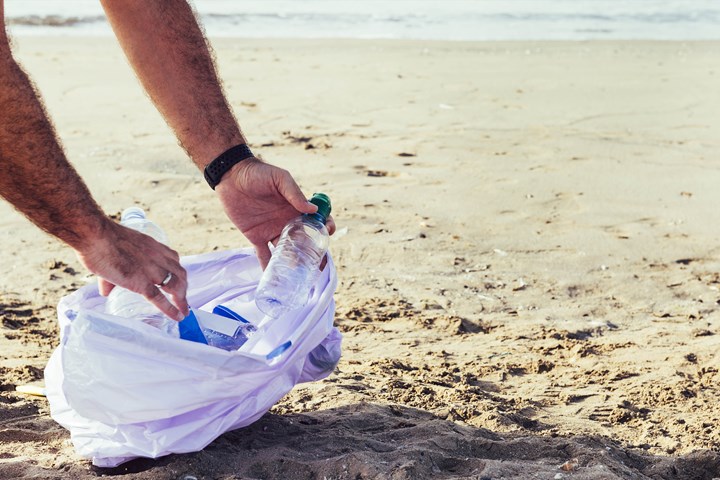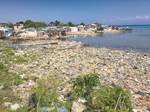Audia Elastomers Develops Thermoplastic Elastomers based on Marine Waste Plastics
The company is working closely with customers to commercially adopt its new marine waste-based TPEs for select end-use applications.

Audia Elastomers will deliver a technical presentation on its OP line of thermoplastic elastomers based on marine waste plastics Dec. 15-16 at the Elastomers World Summit.
Audia Elastomers has developed a line thermoplastic elastomers based on marine waste plastics. The OP line of materials includes products with up to 45% marine waste and 70% total recycled material content in a range of hardnesses from 35 Shore A to 95 Shore A. These materials can reportedly compete in high-performance applications for consumer goods, toys, electronics, and sporting equipment against conventional TPEs, TPVs, and TPU chemistries.
“The most important step in stopping and preventing ocean waste is intercepting waste before it ever enters the oceans or a waterway,” said Anthony Marozsan, market development manager for Audia Elastomers. “A key component of this initiative is to create a market for recycled plastic from regions with poor existing waste infrastructure before it enters the ocean.” The OP line of elastomers tackles many of these issues with raw materials sourced from at-risk regions, upcycling used commercial fishing gear, and salvaging plastic waste from marine and beach clean-up efforts.
Audia Elastomers will deliver a technical presentation on its OP line of thermoplastic elastomers based on marine waste plastics Dec. 15-16 at the Elastomers World Summit.
Marozsan will discuss the new range of high-performance materials which increase the potential market for marine waste beyond basic PET fibers and containers and allow more brand owners the opportunity to help keep oceans clean and free from debris. The challenge of ocean pollution is multifaceted and requires more than one solution, according to Marozsan.
The presentation will address both technical and regulatory issues facing marine plastics. Some of the technical challenges include working with variable and potentially degraded sources of raw material. Audia Elastomers has developed ways to stabilize these resins and increase their properties to match prime grades including low color, UV stable, FDA, and elasticity properties. On the regulatory side, Audia Elastomers works with sources that are by definition from second or third-world regions. As a result, the company works internally to carefully audit these sources and complete third-party certification as well. The process is able to trace the material source by lot and certify the source of the material, the overall recycle content, and confirm that correct social and labor practices are complied within the supply chain.
Audia Elastomers is working closely with customers to commercially adopt its new marine waste-based TPEs for select end-use applications. Marine plastics is only one facet of Audia Elastomers’ broad sustainability effort which includes an ongoing effort to develop sustainable materials for customers as well as internally focused activities centered around achieving zero landfill, carbon footprint reduction, and sustainable operations.
Related Content
-
How to Optimize Color Evaluation of Recycled Plastics
The right color measurement instrument and good working methods will minimize variability in color evaluation of PCR.
-
Fungi Makes Meal of Polypropylene
University of Sydney researchers identify two strains of fungi that can biodegrade hard to recycle plastics like PP.
-
Automotive Awards Highlight ‘Firsts,’ Emerging Technologies
Annual SPE event recognizes sustainability as a major theme.
















